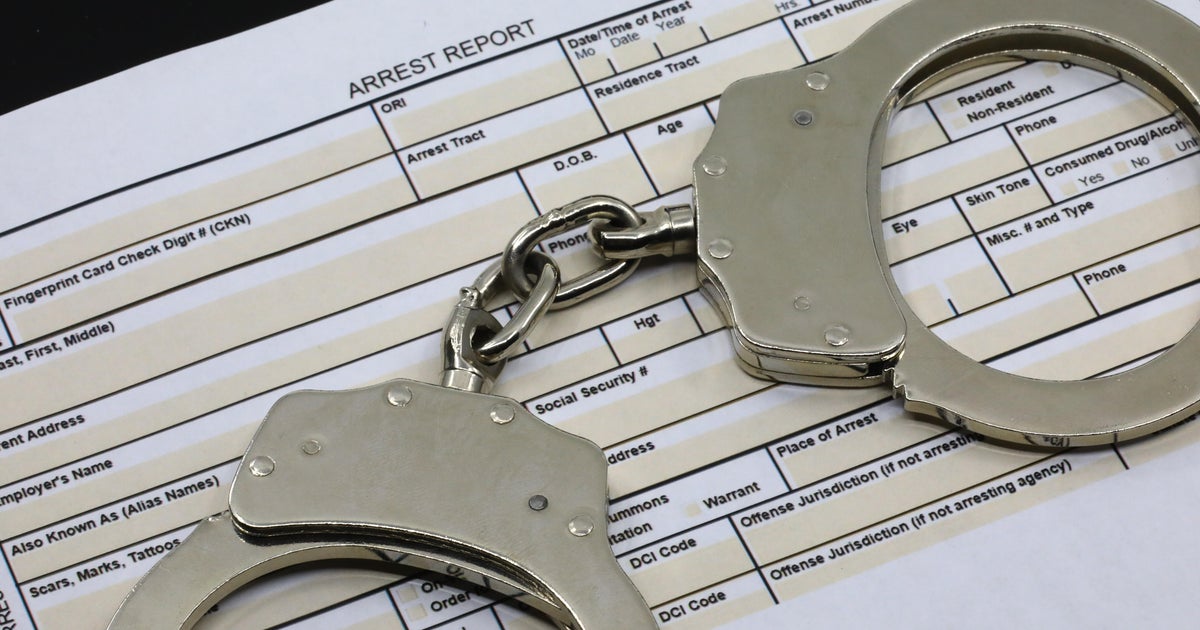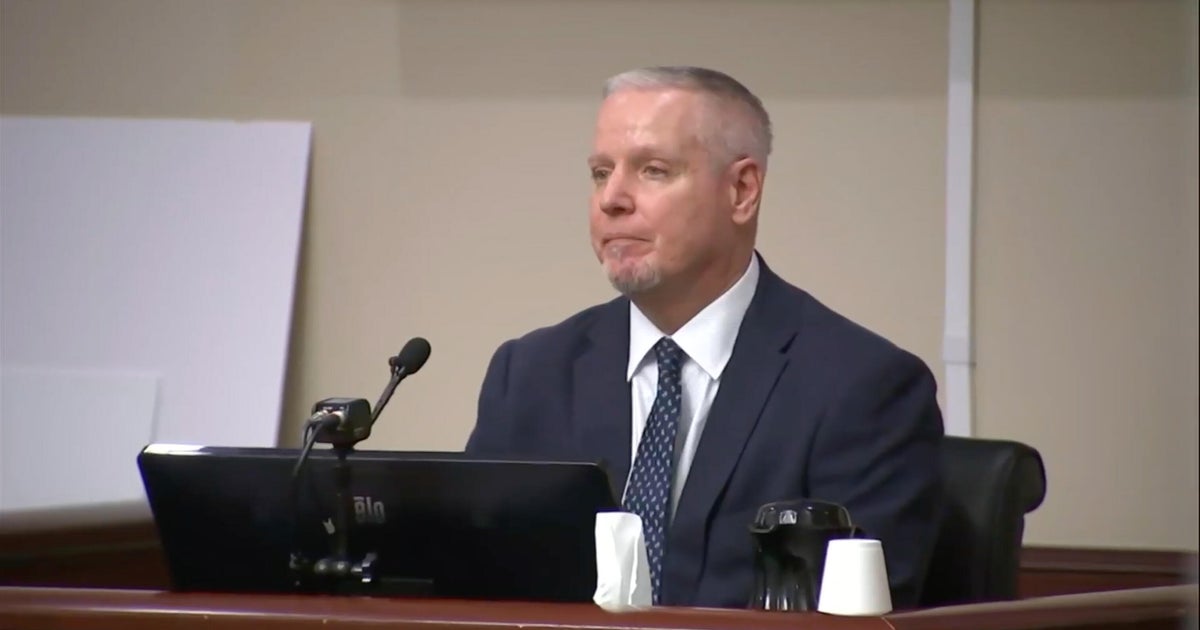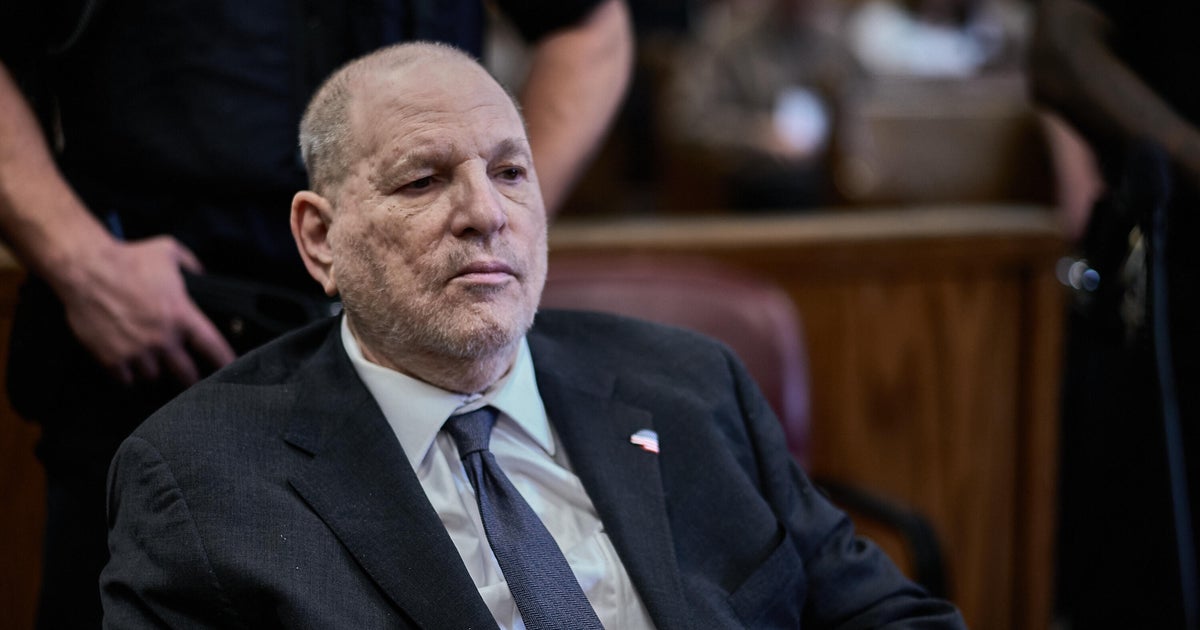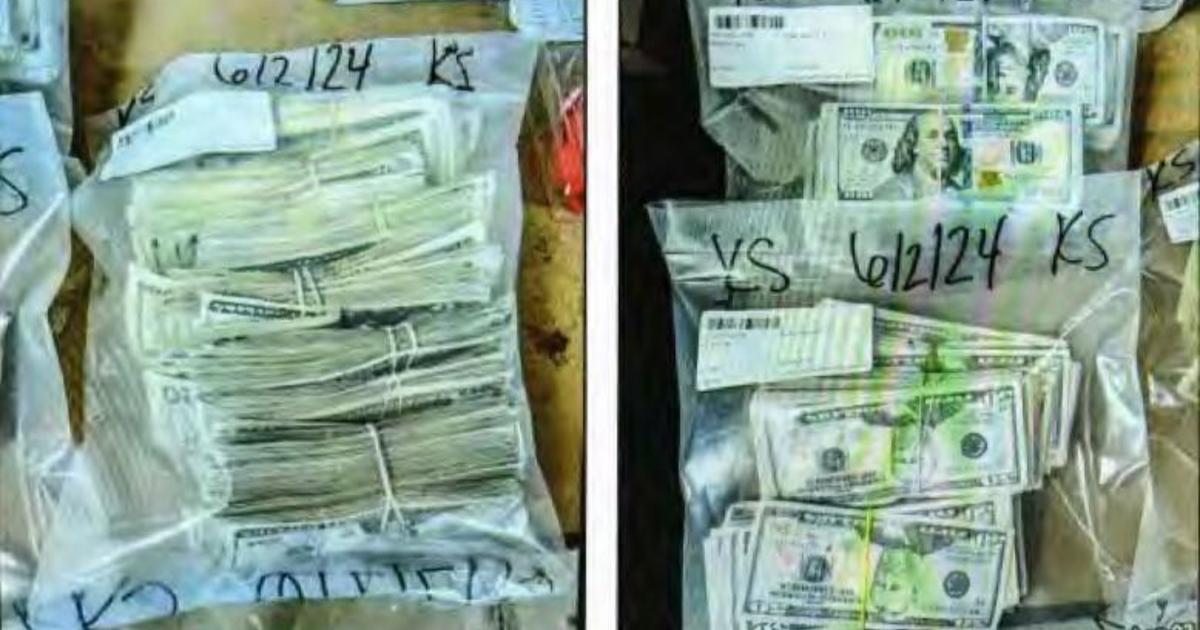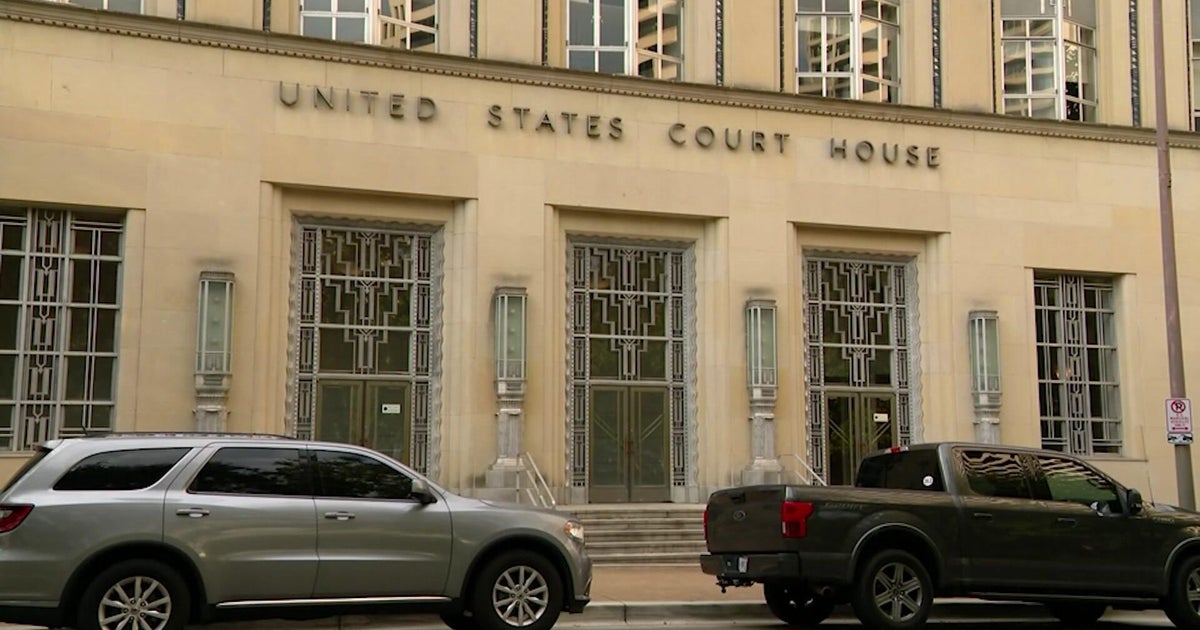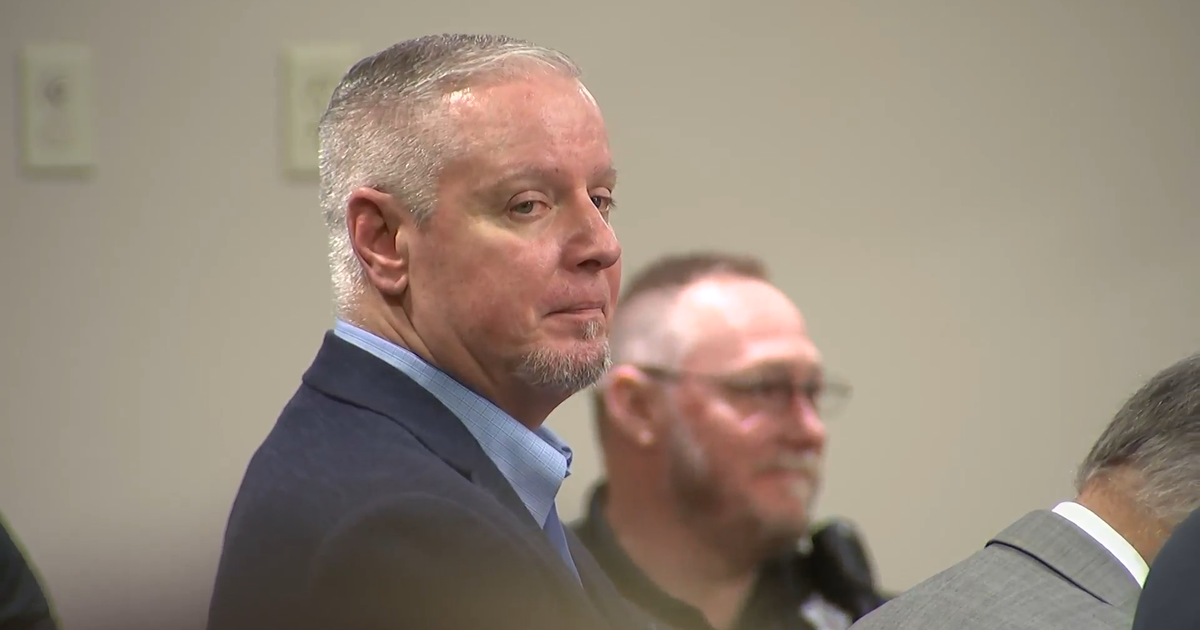Jury Sees 'Beer Can' Evidence In Clemens Trial
WASHINGTON (AP) - Exhibit 52C was the semi-crushed Miller Lite beer can. Exhibit 52D was the FedEx box that once contained the beer can. Then came exhibits of gauze, tissues, syringes, cotton balls and needles, some of which were once inside the beer can, using up letters of the alphabet all the way to X.
For the first time Thursday, the jury in the Roger Clemens trial saw in person the physical evidence the government says will link the 11-time All-Star baseball pitcher to anabolic steroids, evidence that Clemens' lawyer has called a "mixed-up hodgepodge of garbage."
The items were presented on Day 10 of the retrial on charges that Clemens committed perjury when he told Congress in 2008 that he had never taken steroids or human growth hormone. The first trial last July ended in a mistrial.
Prosecutors presented the items methodically during the testimony of federal agent Jeff Novitzky, an imposing figure with a shaved head who has an engaging presence on the stand. Jurors who had appeared well beyond boredom earlier in the trial were sitting up and attentive, taking notes while Novitzky related how he received the items from Clemens' former strength coach, Brian McNamee, on Jan. 10, 2008.
McNamee, who is expected to take the stand next week as the government's key witness, has said he injected Clemens with both steroids and HGH. He said in a 2008 congressional deposition that he decided to hang on to the needle, gauze and associated material after injecting Clemens with the steroid Sustanon 250 at Clemens' apartment in 2001 -- part of a "gut feeling" he had because he didn't fully trust Clemens.
He said he put the items in the beer can -- which he said came from Clemens' recycling bin -- because it was a relatively safe way to carry or dispose of a needle without it accidentally stabbing someone. Clemens was pitching for the New York Yankees at the time.
Novitzky has spearheaded other drugs-in-sports investigations -- including those of baseball's Barry Bonds and star cyclist Lance Armstrong -- first while working for the Internal Revenue Service and now at the Food and Drug Administration.
On the stand, he didn't directly connect the physical evidence to Clemens -- that connection is expected to happen when the government presents results from a DNA analysis of the material. Clemens' lawyers have said they will contend that the evidence has been tainted and contaminated because it was stored so haphazardly.
When it came time for cross-examination, it was a battle of titans: the Texas charm of Clemens lawyer Rusty Hardin trying to work his magic against a special agent who wasn't about to waver. Their battle of semantics was riveting, with Novitzky not giving an inch unless the question was phrased in just the right way.
Novitzky gave perhaps an unexpected boost to the government when he answered a question by speaking of a connection he made between Clemens and performance-enhancing drugs. It came during his answer about his 2005 investigation of Kirk Radomski, the former New York Mets batboy who has admitted providing drugs to dozens of players.
Hardin asked whether there was "anything at all" to connect Clemens with Radomski. It seemed as if Hardin was expecting a "no."
"Yes," Novitzky said. "There was evidence that his personal trainer, Brian McNamee, was associated with Kirk Radomski." The evidence was checks written to Radomski from McNamee to pay for performance-enhancing drugs.
It wasn't the type of moment that could solely determine the outcome of the trial, but the government needed any momentum it could get after its big setback on Wednesday, when former Clemens teammate Andy Pettitte expressed doubt about his memory of a conversation in which Clemens supposedly admitted using HGH.
Hardin led Novitzky through a date-by-date summation of the investigation of Radomski and then McNamee. Hardin called into question how a search warrant served on Radomski's house in December 2005 didn't turn up a shipping label that later surfaced -- a label that allegedly was used to send performance-enhancing drugs to McNamee at Clemens' house.
Hardin also raised questions about the deal made with McNamee when McNamee began cooperating with federal investigators and later with former Sen. George Mitchell, who put together the independent 2007 Mitchell Report on performance-enhancing drug use in professional baseball. McNamee has not faced any charges in connection with the drugs-in-sports investigation.
"Would you agree that it is incredibly unusual for law enforcement to make a deal with a drug dealer that he won't be charged if he goes to a private organization and helps them with their investigation?" Hardin asked.
The government objected, so Novitzky didn't answer -- but Hardin had made his point to the jury by merely asking the question.
(© Copyright 2012 The Associated Press. All Rights Reserved. This material may not be published, broadcast, rewritten or redistributed.)
Also Check Out:
